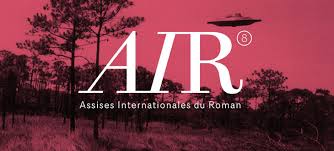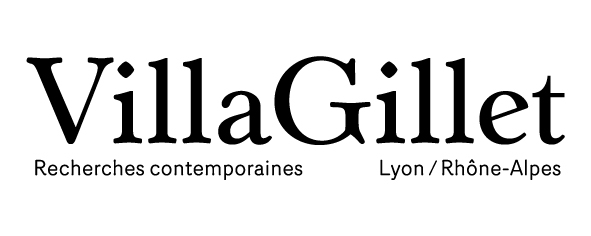«The Yellow Birds» - A conversation with Kevin Powers
https://video.ens-lyon.fr/eduscol-cdl/2014/ANG_2014_kpowers_01.mp4
Transcript of the interview (ENS de Lyon, 21/05/2014)
Clifford Armion: Kevin Powers, your first novel draws on your experience of the war in Iraq. You joined the army when you were seventeen and when you returned from Iraq you wished to become a writer or at least you felt an urge to write. Was that related to your experience of the war?
Kevin Powers: In a way yes. I suppose I had always been a writer but not in a way I thought of as something that I could do as a career. Writing was the way that I attempted to understand the world that I lived in, to understand my place in it. So the kind of urgency that I felt to ask certain questions about my experience necessitated, in my case, writing about it. It seemed like the only way that would even come close to being able to navigate and negotiate the serious questions and concerns I had about my own experience and how that experience related to other people.
C.A.: If you go back to the Vietnam War, there were many films and many books done about the trauma experience of soldiers who returned to the US after the war and who felt rejected or at least unwelcome, who had difficulties adapting back into the civilian society. Did you experience that yourself? Is it something you witnessed?
K.P.: Both, but in a thoroughly different way from the generation of soldiers who fought in Vietnam. In their case there was a kind of very real external antagonism on the part of many people who objected very strongly to our participation in Vietnam and directed much of their hostility toward the people who fought there. That was not the case for me or for many people who returned from Iraq or Afghanistan. In my case and in the case of soldiers like me, there was a much warmer reception which was unsettling in a different way. It forced you to really think about the kind of thing that you were getting all this gratitude for. You were being thanked for something that you were very suspicious of. The justness of the war I had fought in, whether it was legal or moral, those were things that I had serious questions about. So to return home with this burdened mind, struggling with the experiences that I’d had, and then to be greeted with this gratitude and admiration was baffling and confusing. So I think it was a different kind of difficulty from the one faced by previous generations of soldiers.
C.A.: You also write poetry and there’s a lot of poetry in your novel, in the language. Is it a way to take a certain distance from the object of the book, from war?
K.P.: I think so but also to create an additional layer of dynamism or atmosphere. I am really trying to reveal – or approximate to the best of my ability – the experience of being inside the narrator’s mind, his interior life, his emotional life. I felt like taking advantage of the things that poetic language can do: the dynamic qualities, the sonic qualities would just give me another opportunity to enrich the experience for the reader.
C.A.: Could you explain the title of the book for our viewers? It has something to do with this tension between poetry and violence. It’s a song right?
K.P.: It comes from a very popular song in the US military, a marching song that has a very casual relationship to violence. Its popularity was of interest to me because when I was fully a member of the army, in that culture and in that community, it was something that I rather enjoyed to be honest: singing that song, feeling that I was part of this group. When I returned home and was separated from the military, I was able to reflect on the divide between how I had felt as a young person in the military being part of that culture and much later thinking about the strange relationship to violence that the song represents. I felt it was a perfect way to introduce the reader to the novel, the kind of disparity that was present in that relationship, the confusion that results from those realisations. There’s a certain amount of cognitive distance that is the result of having both of those experiences.
Pour citer cette ressource :
Kevin Powers, Clifford Armion, The Yellow Birds - A conversation with Kevin Powers, La Clé des Langues [en ligne], Lyon, ENS de LYON/DGESCO (ISSN 2107-7029), juin 2014. Consulté le 06/02/2026. URL: https://cle.ens-lyon.fr/anglais/civilisation/domaine-americain/problematiques-contemporaines/the-yellow-birds-a-conversation-with-kevin-powers



 Activer le mode zen
Activer le mode zen

